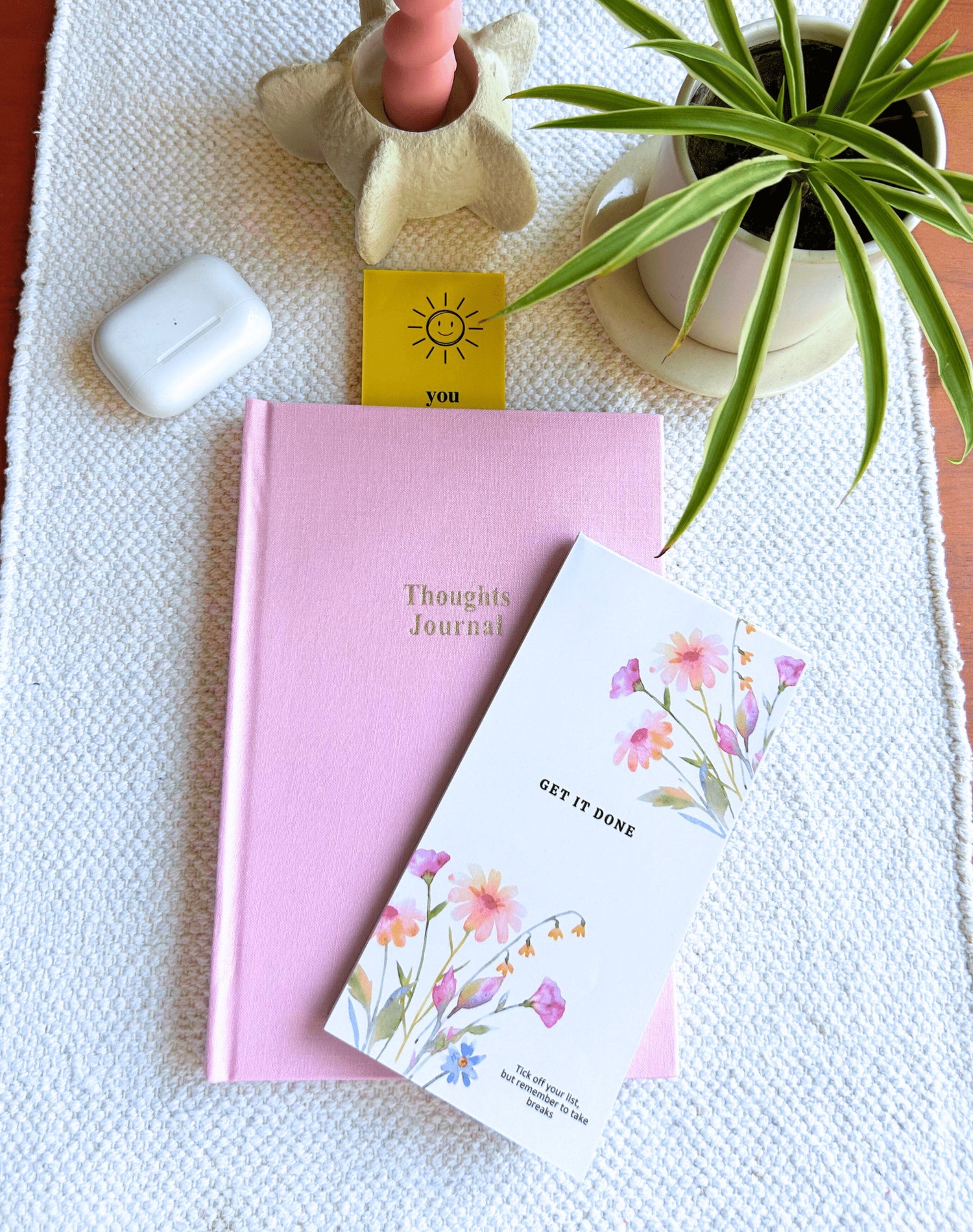
Men and Self-Care: Breaking the Stereotype and Prioritizing Well-Being
Share
For years, the idea of self-care has been boxed into a narrow definition, often tied to women and associated with pampering, skincare routines, or bubble baths. But in reality, self-care is just as important for men. It’s not about spa days (though it could be if that’s your thing), but about recognizing that taking care of your mental, physical, and emotional well-being is essential.
Let’s dive into how men are breaking the stereotype around self-care and why it matters now more than ever.
The Reality Check
For decades, men have been conditioned to believe they need to "tough it out" and avoid showing vulnerability. Whether it’s physical exhaustion, emotional stress, or mental health struggles, men are often expected to bottle things up. But we're now seeing a shift.
Take, for instance, Dwayne “The Rock” Johnson. While he's known for being the embodiment of strength, he’s been open about his struggles with depression and the importance of taking time to address mental health. He’s talked about working through tough times not just in the gym but through self-reflection and leaning on friends.
Or look at professional athletes like LeBron James, who swears by regular meditation and mindfulness practices. These aren’t “soft” activities—they’re crucial for maintaining his focus and energy on and off the court. This is the type of self-care that helps men thrive in high-pressure environments.
Breaking the Stereotype
Here’s where the real change happens: recognizing that self-care for men doesn’t have to fit into a pre-set mold. It’s not about indulging in things that feel unrelatable; it's about finding what works for you. Maybe for some, it’s therapy, while for others, it’s hitting the gym or taking a break from social media.
For example, many men find their self-care in the form of physical activity. Whether it’s going for a long run, lifting weights, or playing pickup basketball with friends, physical exertion can be a powerful way to reset mentally. It’s not just about building muscle—it's about managing stress and releasing tension.
Another guy might find that his version of self-care is taking time for solitude—whether that’s going fishing, hiking solo, or even just reading a book. These are real ways men are showing up for themselves without adhering to societal expectations of constant productivity or toughness.
Self-Care Doesn’t Have to Be Complicated
Men often think self-care requires drastic lifestyle changes or hours of free time, but it doesn’t. It’s about small, consistent actions. Here are a few ways men can incorporate self-care into their lives without overhauling their schedules:
- Take Breaks: Even 10 minutes to stretch, breathe, or walk outside can reset your focus.
- Move Your Body: Regular exercise—whether it’s weightlifting, jogging, or yoga—helps release stress and improves physical health.
- Sleep Well: Prioritizing 7-8 hours of sleep each night is a form of self-care that can drastically improve your energy, mood, and focus.
- Connect with Others: Grab a meal with a friend, talk about what’s going on in your life, or simply have a laugh. Social connections are a vital part of self-care.
Why It Matters
Men’s health statistics are sobering—men are less likely to visit a doctor regularly and more likely to suffer from heart disease or die by suicide. These are not just statistics; they are reflections of how men often neglect their well-being. Self-care can be a way to flip the script—whether it’s physical, mental, or emotional care.
We’re seeing more men like Michael Phelps and Kevin Love—champions in their respective fields—opening up about mental health struggles and showing the world that self-care is essential, not optional.
Redefining Self-Care, One Step at a Time
The concept of self-care for men is evolving, and it’s about time. It’s no longer a matter of whether men need self-care—they absolutely do. It’s about finding what self-care means on an individual level and making it a priority without guilt or stigma.
- Physical Care: Regular exercise, balanced nutrition, and enough rest.
- Mental Care: Journaling, therapy, or mindfulness practices to process stress and emotions.
- Emotional Care: Taking time for relationships, hobbies, and personal interests that bring joy and fulfillment.
Self-care for men isn’t about fitting a stereotype; it’s about creating balance in your life. And the best part? There’s no wrong way to do it.








